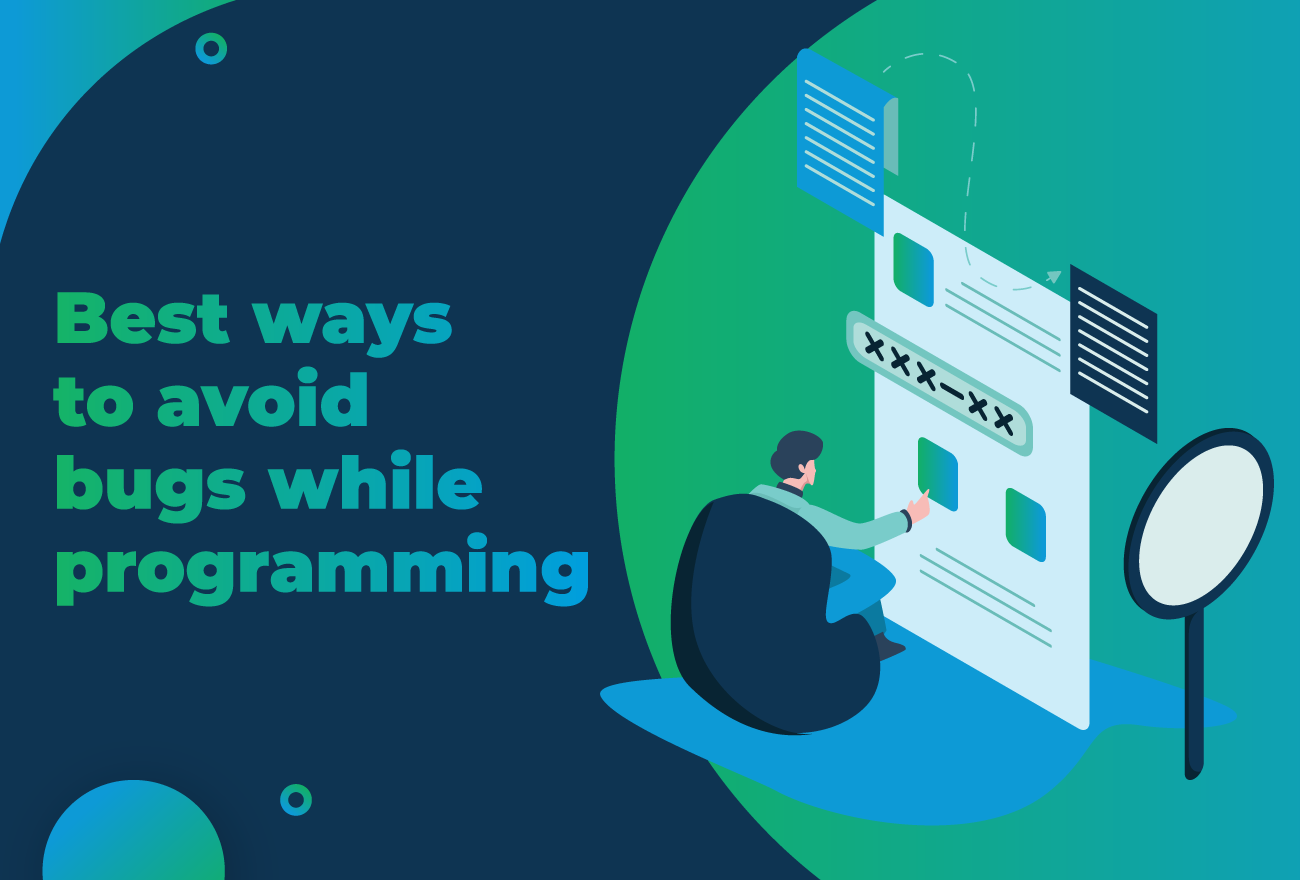Coding errors in software programming manifest unforeseen issues and interrupt the user experience. We call these errors ‘bugs’, and they’re not always very obvious. Debugging is when programmers seek to find bugs before users do, optimising the user experience.
Whether you’re new to programming or you’ve got years of industry experience behind you, bugs and their downsides have likely been a nuisance to you at some point. There are, however, some nifty ways in which you can avoid bugs and even debug code that’s already been impacted by this notorious programming problem.
Here are a few tips and programming tools that HyperionDev recommends to reduce the occurrence of bugs:
0
1. Code review
Before one tests new code for the first time, it is crucial to review it thoroughly. Sometimes one will only spot a coding error after several sessions of reviewing code. Firstly, code should be reviewed by the programmer, then by a peer, and lastly, it should be reviewed by an expert.
GitHub is an excellent platform to have one’s code reviewed by peers and experienced programmers. HyperionDev’s bootcamps all include personalised code review, which provides detailed feedback on submitted code.
2. Split different sections of the code up
While code can be helpful and provide exciting opportunities, too much code can slow a programme down. One of the best tips for code efficiency is to keep your code minimalistic. More code also means more opportunities for bugs. HyperionDev recommends keeping problematic code separate from “healthy” code. This practice ensures that bugs don’t spread to other sections of the programme.
3. Constantly rewrite the unit test
The unit test isolates a small section of the code to test its functionality. This is a valuable programming tool and can help identify and avoid bugs. However, when fixing bugs identified in previous unit tests, it is essential to debug the code and rewrite the unit test before the next round of testing.
4. Review compiler warnings
Compiler warnings are an essential part of the debugging process. It is crucial for developers to consider all compiler warnings and review the concerns raised therein. It is recommended to treat all compiler warnings as errors, particularly at the start of a programming project.
5. Focus on delivering simple programming
As with everything, sticking to the KISS principle (keep it simple stupid) is a guaranteed method of delivery code that is free of bugs. This includes simplifying code and not trying to add too many complex elements. Writing simple, straightforward code also makes the debugging process much more manageable.
6. If it ain’t broke, don’t fix it
There is a saying in the coding world that goes, “The good programmers write code; great programmers steal code.” Coders do not seek to reinvent the wheel, but instead rely on existing libraries, especially if they are well-tested. This is an excellent programming technique to avoid bugs, as the code in these libraries should be reliable and clean.
__________
Code review is such an integral part of the programming process. If you’re looking to learn code, make sure you have access to quick and reliable code review. HyperionDev offers a choice of online and on-site coding bootcamps, which include 48-hour code review feedback from experienced code reviewers. This means you can work through your coding tasks quickly and efficiently without feeling stuck.
Your code reviewer will assess your code’s accuracy, style, and efficiency to make sure it’s in line with industry standards. Then they’ll provide you with actionable feedback. Code review is a great way to ensure you avoid bugs when programming and produce high-quality code that works like a dream.
Interested in joining HyperionDev? Secure your future and enrol for a coding bootcamp here.
Editors note: this article was originally published in January 2019.


